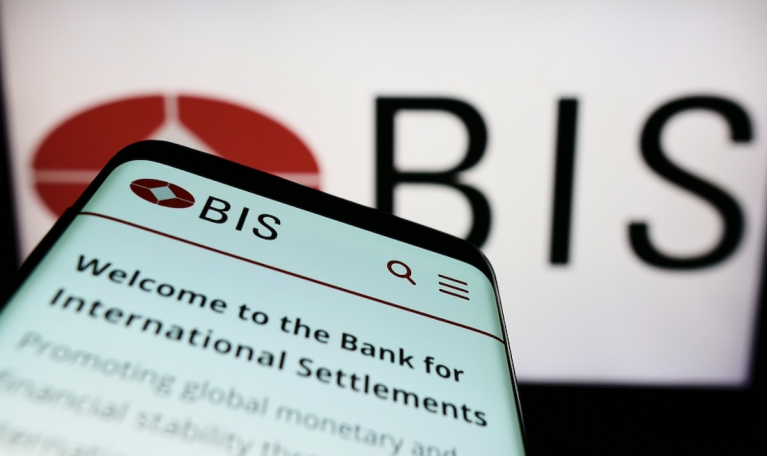Basel Committee Warns Against Banking Digitalization Risks

A global financial watchdog is warning against the risks of digitalization in the financial world.
The Bank for International Settlements’ Basel Committee on Banking Supervision issued a report Thursday (May 16) that examines implications of the digitalization of finance, weighing both the risks and rewards presented by new technologies.
“While digitalization can benefit both banks and their customers, it can also create new vulnerabilities and amplify existing risks,” the committee said in a news release.
“These can include greater strategic and reputational risks, a larger scope of factors that could test banks’ operational risk and resilience, and potential system-wide risks due to increased interconnections. Banks are implementing various strategies and practices to mitigate these risks, but effective governance and risk management processes remain fundamental.”
The report examines the use of tech in banking from a variety of angles, including application programming interfaces (APIs), artificial intelligence (AI) and machine learning, distributed ledger technology and cloud computing.
In addition, the committee also looked at the role of “new technologically enabled suppliers” (such as Big Tech firms, FinTechs and third-party service providers) and business models.
“Big techs have expanded rapidly and are significant providers of financial services in several countries, particularly in the provision of payments,” the report said, using the example of Mercado Libre, which provides financial services to Latin America’s three largest countries.
“They have the potential to become dominant competitors in financial services, given the advantages conferred by their collection of data and large established networks,” the report said of these tech companies.
The committee also notes the opportunities presented by digitalization: it helps banks gain more efficiency and improve their risk management, while it can let consumers enjoy greater financial inclusion, lower transaction costs and a better customer experience.
The report comes one day after Michael Hsu, acting comptroller, Office of the Comptroller of the Currency (OCC), testified before the House Financial Services Committee about the potential pitfalls of banks’ relationships with FinTech companies.
“The use of third parties has significant potential benefits, but poor third-party risk management can hurt consumers, weaken banks, and contribute to an unlevel playing field,” Hsu said.
He noted guidance offered jointly by the agencies that are designed to help banks oversee third-party relationships.
“The OCC expects banks to approach and manage the use of artificial intelligence (AI) consistent with principles of safety, soundness and fairness,” Hsu said. “To date, banks have generally approached machine learning prudently across a range of use cases, though we are starting to see a notable increase in the number of generative AI pilots at some of the larger banks we supervise … banks must be attentive to the risk of AI-enabled fraud.”